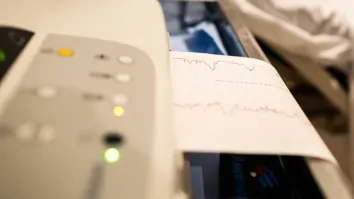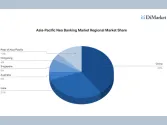
Cambodia's universal healthcare programme crippled by lack of funds
The country cannot rely on foreign aid nor its national revenues to sustain the programme.
Cambodia’s plan to roll out a universal healthcare programme for its growing population is expected to be bogged down by issues on financing, according to BMI Research.
Building on the existing Community Based Health Insurance Scheme, the country is planning to implement a universal healthcare programme by 2025.
It has also moved towards the development of a comprehensive social health insurance (SHI) system which includes SHI for formal sector employees, health equity funds (HEF) for the poor and voluntary health insurance for non-poor, informal sector.
Despite the commendable effort, BMI Research notes that financing the scheme will remain a challenge as the country cannot rely on foreign aid to fund its national healthcare programmes like it does with the HEF.
Relying on government coffers is also unlikely as the country spends a measly 5.7% of its GDP on healthcare as of 2014, according to the World Health Organisation.
Also read: Indonesia healthcare spending to balloon to $47.1b by 2022
“Whilst the country's strong economic growth does provide scope for higher healthcare spending, it will not be able to meet the cost requirements of universal coverage,” BMI Research said in a report.
The country also has the lowest number of doctors in Asia Pacific, at just two per 10,000 people, which puts it behind other low income markets like Bangladesh and Myanmar who have three and six doctors per 10,000 people.



















 Advertise
Advertise





